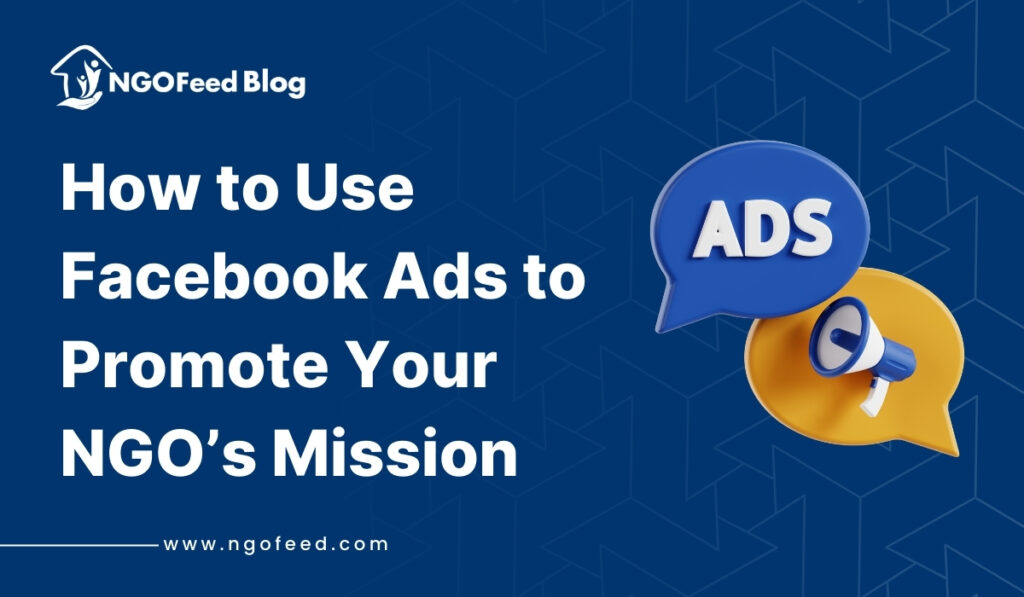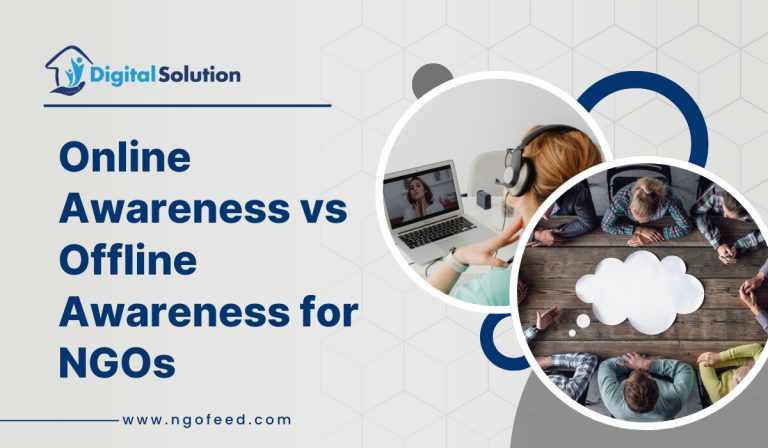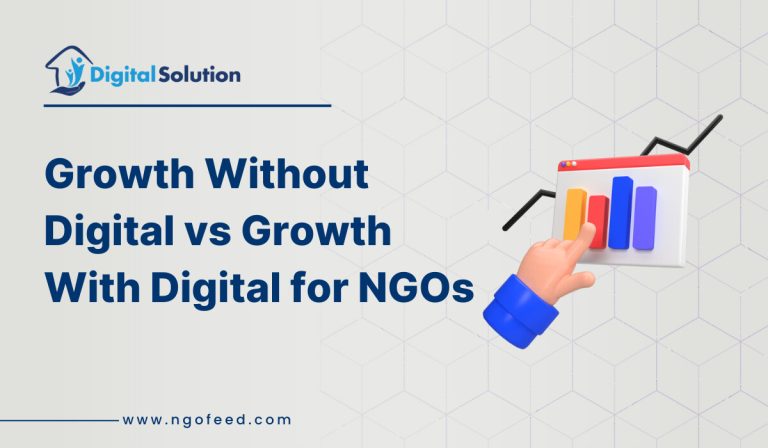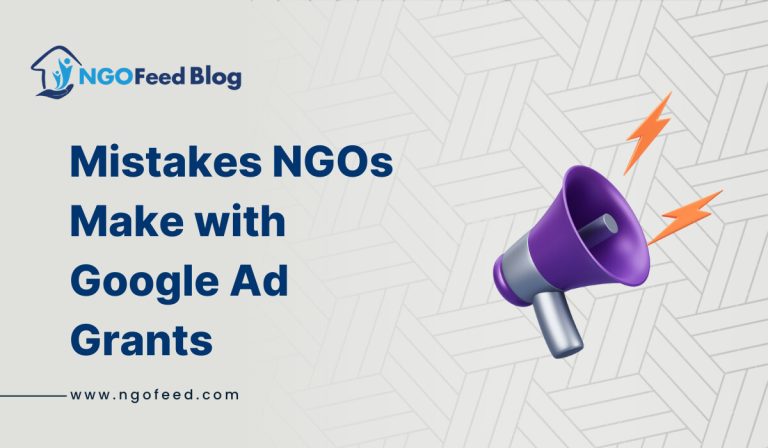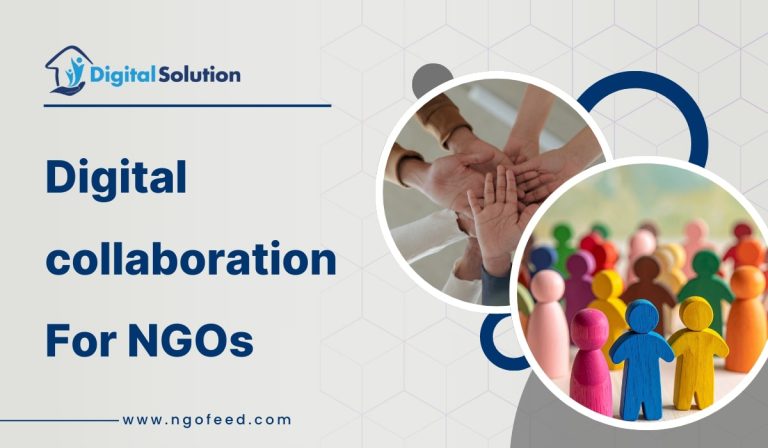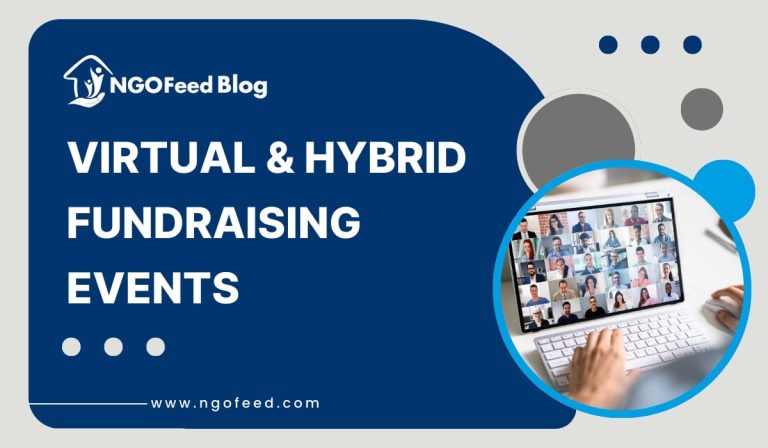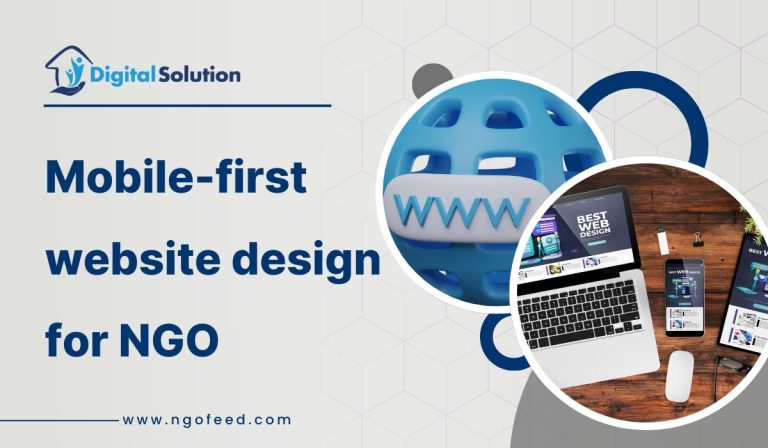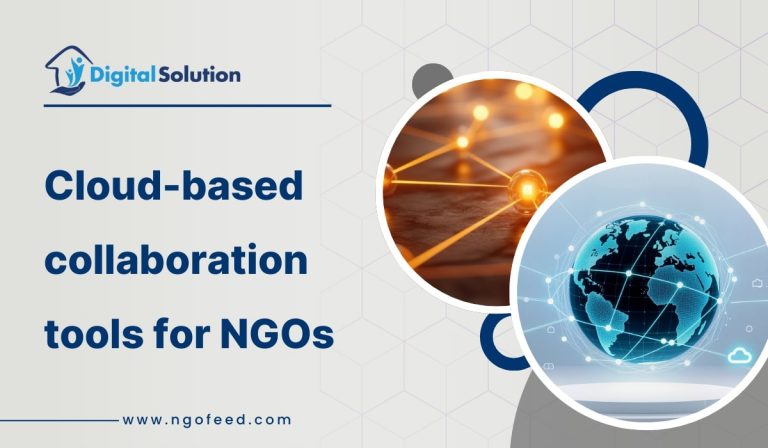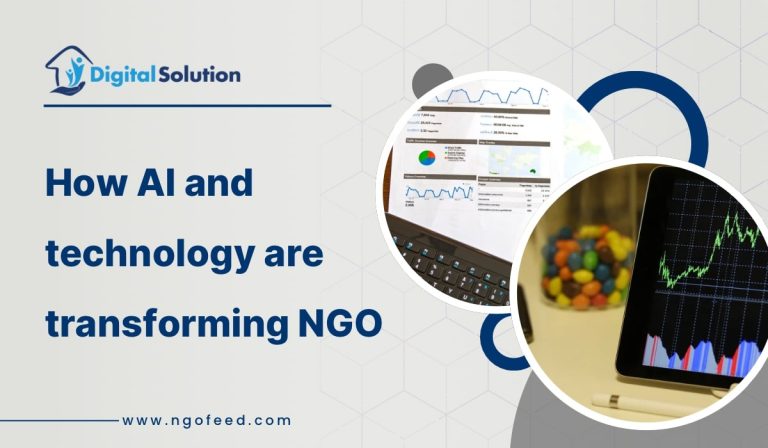How to use Facebook Ads to promote your NGOs mission: In the era of digital technology, Facebook serves as a huge platform, providing NGOs an unparalleled chance to engage with large audiences and enhance their missions. Thanks to its advanced targeting features and various ad options, Facebook Ads can be a significant resource for nonprofits to boost awareness, stimulate engagement, and obtain essential support.
This article examines how NGOs in India can successfully use Facebook Ads to advance their missions, connect with their target demographics, and fulfil their organizational objectives.
Table of Contents
Understanding the Potential of Facebook Ads for NGOs:
Facebook, with its billions of users, offers NGOs a distinctive platform to:
- Expand Reach and Awareness: Engage with a larger audience beyond conventional outreach strategies.
- Target Specific Demographics: Connect with individuals according to interests, demographics, and behaviors.
- Drive Engagement and Interaction: Motivate users to engage with your content and take action.
- Boost Fundraising Efforts: Acquire donations and obtain financial backing.
- Promote Events and Initiatives: Enhance attendance and involvement in events.
- Build Brand Recognition and Credibility: Position your NGO as a dependable and esteemed organization.
Also Read: Facebook Grants for Nonprofits
Strategic Approaches to Facebook Advertising for NGOs:
Defining Clear Campaign Objectives:
- Prior to launching any campaign, clearly outline your objectives. Are you looking to raise awareness, generate leads, drive donations, or promote an event? Specific, Measurable, Achievable, Relevant, and Time-bound (SMART) goals will steer your campaign strategy and assess its effectiveness.
- Examples: “Increase website traffic by 20% in one month,” “Generate 100 new email sign-ups,” “Raise $5,000 in donations.”
Identifying and Targeting Your Audience:
- Facebook’s targeting features are a major benefit. Employ demographic, interest, and behavioral targeting to connect with your ideal audience.
- Develop audience personas to gain a better understanding of your target demographics and customize your messaging.
- Utilize custom audiences to retarget people who have previously engaged with your website or Facebook page.
- Lookalike audiences allow you to connect with individuals who share characteristics with your current audience.
- Think about geographic targeting if your NGO operates in a particular area or country.
Also Read: Best Social Media Platforms for Nonprofit Organizations
Crafting Compelling Ad Creatives:
- Your ad creative serves as the initial impression potential supporters will have of your organization.
- High-Quality Visuals: Employ visually striking images and videos that grab attention and effectively communicate your message.
- Compelling Copy: Develop clear, concise, and convincing ad copy that emphasizes the impact of your work.
- Storytelling: Implement storytelling to provoke emotions and establish a personal connection with your audience.
- Consistency: Ensure consistent branding and messaging across all ad formats.
- Use A/B testing to determine which creatives yield the best results.
Selecting the Right Ad Format:
- Facebook presents an array of ad formats, such as image ads, video ads, carousel ads, and lead ads.
- Pick the ad format that best corresponds with your campaign objectives and target audience.
- Image Ads are perfect for featuring a single image and delivering a straightforward message.
- Video Ads are effective for drawing attention and communicating captivating stories.
- Carousel Ads: Enable you to display several images or videos within one ad, highlighting different facets of your mission.
- Lead Ads: Simplify the lead collection process by enabling users to enter their information directly within the Facebook advertisement.
Also Read: How to Maximize Engagement on Social Media for Nonprofits
Setting a Realistic Budget and Bid Strategy:
- Establish your campaign budget aligned with your goals and available resources.
- Facebook provides different bidding strategies, including both automatic and manual bidding.
- Begin with a modest budget and progressively increase it as you refine your campaign.
- Observe your campaign performance and modify your budget and bid strategy as necessary.
Implementing Effective Calls to Action (CTAs):
- An effective CTA directs users on what actions to take, such as “Donate Now,” “Learn More,” or “Sign Up. “
- Employ straightforward and succinct language that encourages users to act immediately.
- Position CTAs prominently within your ad creative and text.
Utilizing Facebook Pixel and Conversion Tracking:
- Add the Facebook Pixel to your website to monitor user actions and gauge conversions.
- Configure conversion tracking to assess the success of your campaigns and pinpoint areas for enhancement.
- This information will assist you in refining your campaigns and maximizing your return on investment (ROI).
Creating Landing Pages for Conversions:
- Guide users to specific landing pages that are tailored for conversions.
- Make sure your landing pages are mobile-optimized and offer clear and concise details about your organization and initiative.
- Incorporate a strong CTA on your landing page to motivate users to take action.
Also Read: Social Media for NGO
Engaging with Your Audience:
- Timely respond to comments and messages related to your Facebook ads.
- Cultivate a positive and interactive online community.
- Address any inquiries or concerns from potential supporters.
Monitoring and Optimizing Your Campaigns:
- Consistently observe your campaign performance and evaluate key metrics such as reach, engagement, click-through rate (CTR), and conversion rate.
- Utilize Facebook Ads Manager to monitor your campaign’s performance and implement necessary changes.
- Conduct A/B tests on various ad creatives, targeting options, and CTAs to enhance your campaign.
- Leverage data to fine-tune your strategies and improve results over time.
Advanced Strategies and Considerations:
- Video Advertising: Utilize video to narrate engaging stories and emotionally connect with your audience.
- Retargeting: Re-engage individuals who have interacted with your website or Facebook page to boost conversions.
- Lookalike Audiences: Target new audiences that have common traits with your existing supporters.
- Facebook Fundraising Tools: Take advantage of Facebook’s fundraising tools to facilitate the donation journey and make it convenient for supporters to contribute.
Also Read: How LinkedIn Ads Work for NGOs
- Facebook Groups: Create or participate in relevant Facebook groups to connect with potential supporters and cultivate relationships.
- Mobile Optimization: Ensure that your advertisements and landing pages are optimized for mobile devices, as a substantial number of Facebook users access the platform through mobile.
- Accessibility: Ensure all advertisement content is accessible to individuals with disabilities. Implement closed captioning on videos, provide alt text for images, and utilize high-contrast colors.
- Ethical Considerations: Uphold transparency and accountability in your advertising practices. Steer clear of misleading or deceptive methods.
- Compliance: Ensure that your advertisements adhere to Facebook’s advertising policies and guidelines.
- Campaign Reporting: Generate regular reports to monitor the progress of your campaign and illustrate the effectiveness of your efforts.
Challenges and Mitigation:
- Algorithm Adjustments: Facebook’s algorithm is continually changing, which can influence ad reach and effectiveness. Keep informed about algorithm adjustments and modify your strategies as needed.
- Ad Weariness: Users might experience weariness from encountering the same advertisements too often. Vary your ad creatives and targeting approaches to maintain the novelty of your campaigns.
- Data Protection: Be aware of data protection laws and make sure that you are gathering and utilizing user data ethically.
- Negative Reactions: Be ready to handle negative reactions or criticism regarding your ads in a respectful and constructive way.
Also Read: Benefits of Microsoft 365 for Nonprofits
Conclusion:
Facebook Ads offer NGOs a potent platform to enhance their missions, connect with target audiences, and create significant impact. By establishing clear goals, developing engaging content, and taking advantage of Facebook’s targeting features, NGOs can effectively use this platform to raise awareness, garner support, and fulfil their organizational objectives.
Ongoing monitoring, optimization, and ethical practices are crucial for maximizing the return on investment of Facebook advertising and ensuring that campaigns reflect the organization’s principles and mission. By becoming skilled in Facebook advertising, NGOs can amplify their messages and contribute to a more just and equitable society.

